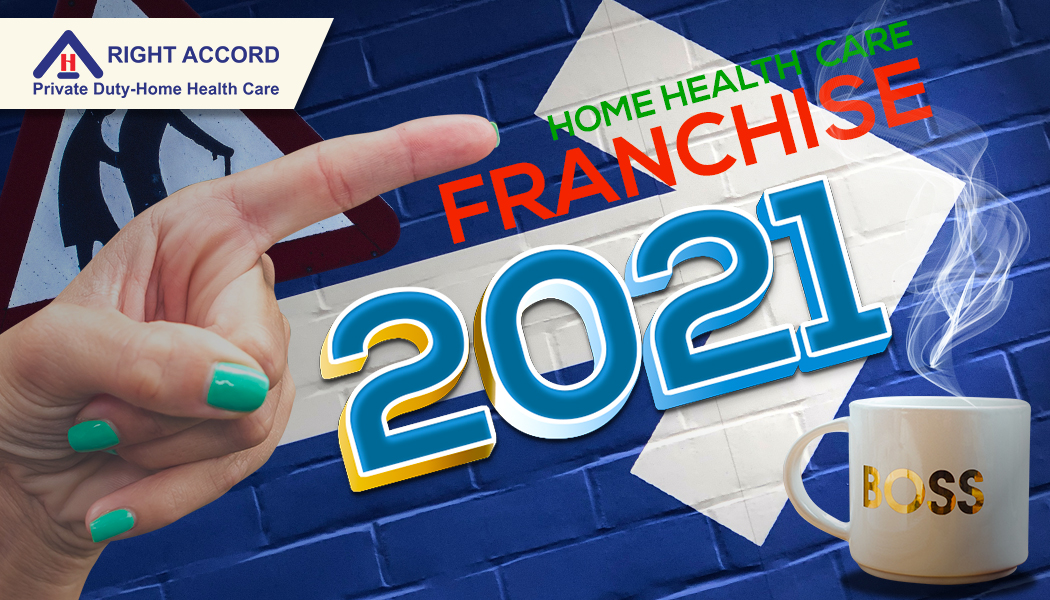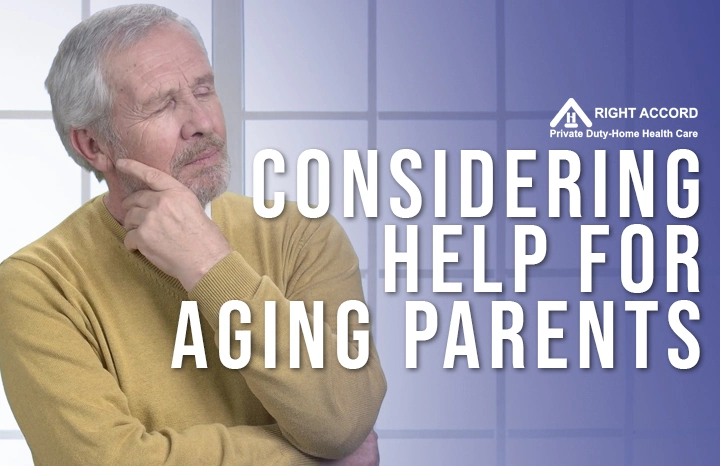· 7 min read
Understanding Medicare and Its Benefits to the Elderly
This article aims to explain the purpose of Medicare, whom it benefits, the options available for those who enroll in it and how to best maximize its benefits.
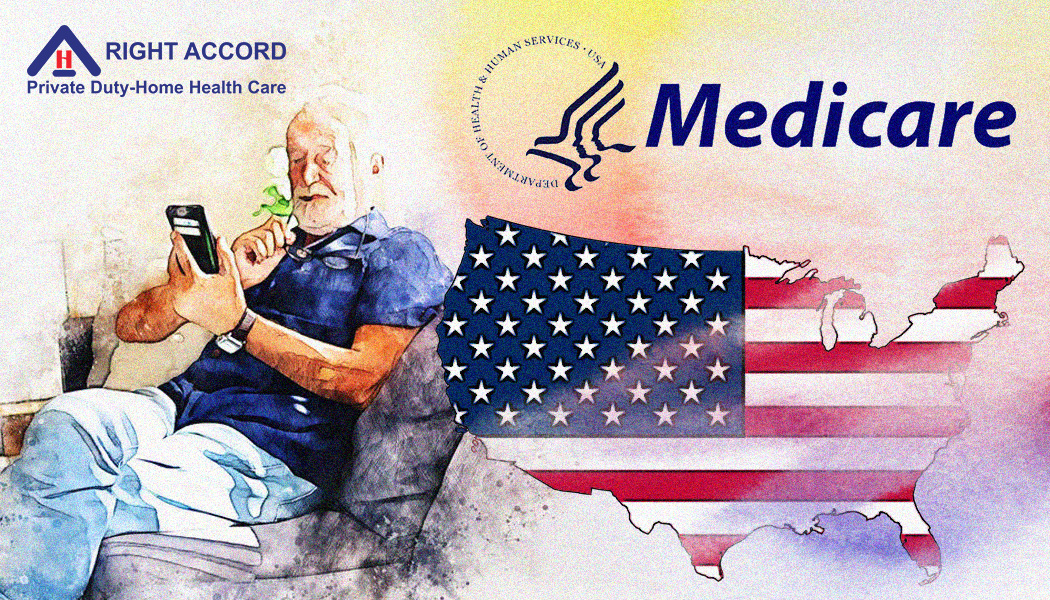
By: Rosemarie Tamunday Casanova — RN, BSN, MHA
Medicare is a form of health insurance policy devised by the United States government in the year 1966. Currently, this program is run under the auspices of the Centers for Medicare and Medicaid Services (CMS). The purpose for setting up this program is so that there can be adequate health insurance for American citizens above the age of 65. This category of the population make up about 15.5% of the entire population, that is 49.2 million people.
That notwithstanding, other citizens who fall below this age criteria may also sometimes benefit from this program, especially those with disability, as determined by the Social security administration.
How Did MEdicare come about?

Photo by Bill Oxford on Unsplash
It was the then president of the United States, Dwight Eisenhower who first held a meeting at the White House to discuss the senior citizens of the country. It was in that meeting that a healthcare program was first proposed. A program that would go on to benefit the aged . But it wasn’t until 1965 when Lyndon B Johnson was in office that the United state congress enacted a program known today as Medicare which would serve as a health insurance policy for Americans above the age of 65, regardless of their income or history before enrollment.
This healthcare initiative has since its inception provided for the healthcare needs of over 50 million Americans above the age of 65, footing about 50% of the health bills of its beneficiaries. The remaining costs are either taken care of by their private insurance companies or from personal payment.
As of 2018, the amount spent on Medicare was $740 million. This amount is expected to go as high as $1.2 trillion in the next five years seeing the increasing population of people above the 65 year mark and the higher longevity associated with good standard of living and high standards in medical care.
This article aims to explain the purpose of Medicare, whom it benefits, the options available for those who enroll in it and how best to maximize the benefits of these options.
It wasn’t until 2001 that the program was further expanded to not just include citizens above the age of 65, but also the younger generation with certain types of health challenges. These include people suffering from conditions like Amyotrophic lateral sclerosis or Lou Gehrig’s disease.
Furthermore, congress went on to further expand the reaches of this program, covering people who have suffered from permanent disabilities and even those with end stage kidney disease. This program thus far has been financed by tax payers money as well as the US treasury revenue.
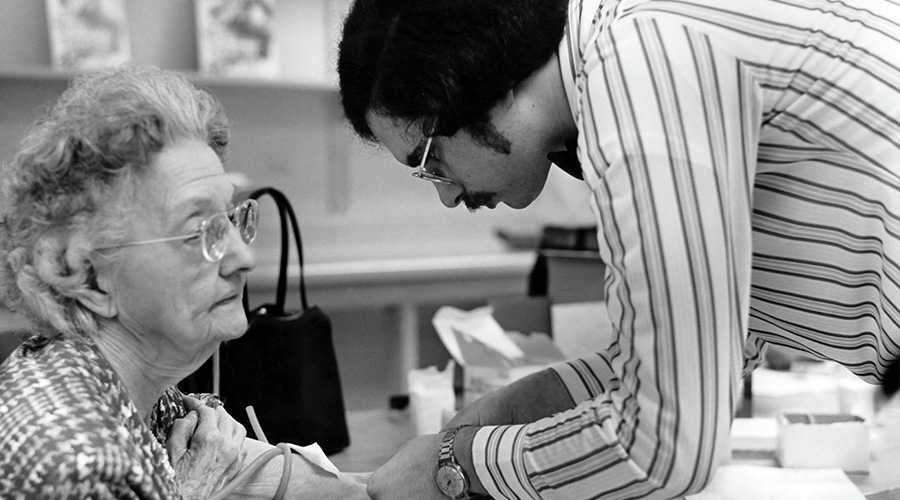
Photo by CDC on Unsplash
WHAT ARE THE PARTS OF MEDICARE?
Medicare has four parts, each with its own peculiarities and benefits. We will be taking an in-depth look into these parts to assist you in making the right choices.
Part A Medicare
This Medicare covers admission into the hospital for three days and nothing more. It includes hospital services and skilled nursing care.
Part B Medicare
This takes care of outpatient services which include the administration of drugs to the patient and other hospital charges that may be involved in the management of the patient such as the drugs prescribed.
Part C Medicare
This part is a more flexible part in Medicare. It allows for the choice of services that are covered by either part A or part B.
Part D Medicare
This covers drugs and prescriptions that are mostly self administered.
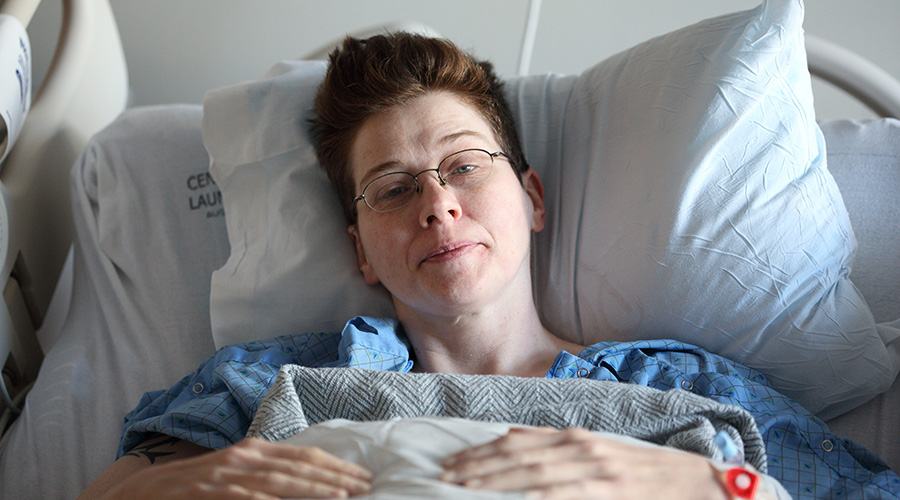
Photo by Sharon Mccutcheon on Unsplash
What benefits do you stand to gain with Medicare?
Hospice Care
Medicare offers the home-like hospice care that many elderly people may wish for. Especially those at the terminal stages of their illness who need palliative care and emotional support.
Hospitalization
If you health condition requires that you will have to be placed on bed rest and under round the clock supervision in a hospital facility. Medicare covers for such needs as well.
Dental Services
Seeing the dentist is also part of the health care needs an elderly might have. If we recall quite clearly, the Part B Medicare program covers for outpatient services. Dental appointments fall under this category.
Prescriptions
People above the age of 65 are usually prone to age related illness such as diabetes, hypertension and arthritis, among others. These conditions are usually managed over long periods of time and need sets of prescription pills which costs a ton of money. But with Medicare, a huge percentage of that cost is taken care of.
Convenience of Coverage
With the array of options available on the Medicare platform, beneficiaries have but to cherry pick for themselves which of the plans best suit them.
Planning to Personalize your Care
Based on your specific health needs, you may choose to personalize the type of Medicare plan who want. While one person may need to be put in a hospital bed, another can decide to just pick the options that require outpatient services such a dental services or hearing.
Medicare Helps you Save
Healthcare can be pretty expensive. Especially with ailments that require frequent regular appointments and management. Ailments that are protracted and managed over long periods of time, if not permanently. This challenge may affect the finances of anyone who chooses to pay from their pocket. Medicare cuts that expenses and cushions the financial challenges.
Rather than miss out on certain medical appointments, treatment plans and specialty visits, Medicare can help you put the priorities in check. With the coordinated services rendered by Medicare, patient ratings go higher as well as better improved staff experience.

Photo by NCI on Unsplash
Tips to help with Signing up for Medicare
Before embarking on signing up for Medicare, there are certain questions one would need to answer. These quick ticks can help you determine the best plan to go with when you make that step.
Are you mostly on prescription drugs?
If you are then it is best you go with a plan that covers mostly prescription drugs.
Do you suffer from a chronic debilitating illness?
In which case you may have to consider plans that enable you take up in-hospital care services. As many as 40% of people over 65 years of age are likely to fall under this category.
It is important to also research whether your healthcare provider accepts Medicare or not.
Some healthcare providers or health management organizations do not accept this, in which case you may find it quite challenging to access this service. Therefore, it is important that if Medicare must be accessed, then another option will have to be considered.
It is important to know that Medicare offers a great option of opportunities for the person who wishes to access them. Firstly, it is a constitutional right of a senior citizen of the United States of America hence it’s a benefit that you are entitled to and it is best that to take advantage of such advantages.
However, it is important to know that this also comes with certain negative flip side to the coin. There could be challenges of limitation in providers, certain additional costs may be incurred in attempting to access these services as well as lack of benefit coverage when you travel out of the jurisdiction of the American space. But all these challenges are indeed scalable and the benefits far outweigh these drawbacks.
In choosing these plans and finding out if you meet the required criteria, kindly refer to the official website of the United States government on this program www.medicare.gov as many reviews and changes may now apply in more recent times than when this article was documented.

Photo by Chang Duong on Unsplash
Getting started with Medicare
To get started with Medicare, it could either be automatic or you may have to sign up with the official website, especially for those above the 65 year benchmark. When this has been done, please note that if there are any of the services that do not augur well with you, you have the right to file for a claim or an appeal, check the status of that claim and also provide authorization or not on how your information can be distributed.
In all, Medicare is a commendable initiative by the United States government and it can help ease and lessen the burden of medical treatment and management. It is advisable that you seek expert help in accessing this facility.
